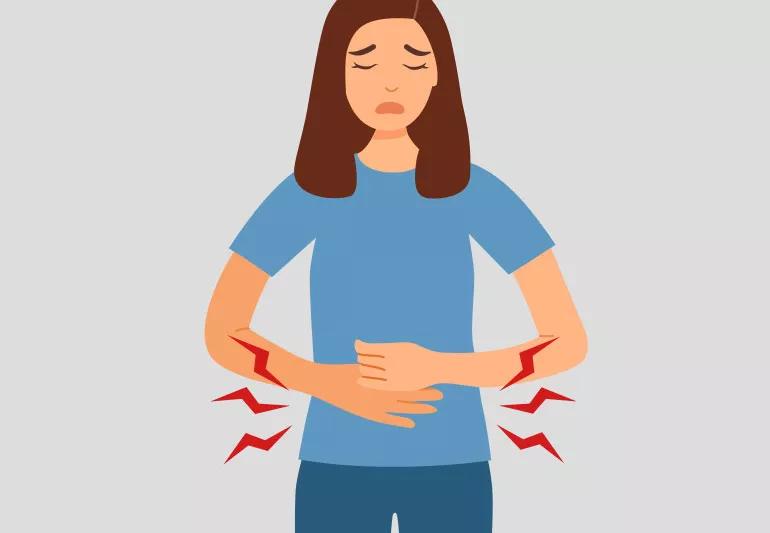The short answer from a gastroenterologist

A: If you have peptic ulcer disease, which can involve stomach ulcers and/or duodenal ulcers of the small intestine, the answer is yes! These ulcers can be completely healed.
Advertisement
Cleveland Clinic is a non-profit academic medical center. Advertising on our site helps support our mission. We do not endorse non-Cleveland Clinic products or services. Policy
The development of H2 blockers (Pepcid®, Tagamet®, Axid®) and then Proton Pump Inhibitors (Prilosec®, Prevacid®, Nexium®, Aciphex®, Dexilant®, Zegerid®, and Protonix®) allow for most ulcers to be completely healed with medication. With these treatment developments, surgery for peptic ulcer disease is seldom needed.
These types of ulcers are caused primarily by three things: Stomach acids, H. pylori infections and medications, such as aspirin and other non-steroidal anti-inflammatory drugs or NSAIDs, such as ibuprofen (Advil® and Motrin®) and naproxen (Aleve®).
Contrary to popular belief, the normal stress of day-to-day life does not cause or contribute to ulcers. Also, there’s no genetic link involved with the risk for developing ulcers, and diet has no effect on the healing of an ulcer either.
— Gastroenterologist Michael Kirsch, MD
Advertisement
Learn more about our editorial process.
Advertisement

The caffeine and natural acids in coffee may trigger acid reflux, but there are ways to lessen the effects

Wait a few hours, then start with water or ice chips, graduating to clear liquids and then, soft, bland foods

Nausea, fullness, heartburn and unexplained weight loss may signal that something is going on with your GI system

Bananas, rice, applesauce and toast are easy on your stomach, but they don’t have enough vitamins and nutrients for more than a couple days

You can catch this highly contagious virus through contaminated food, water, droplets and more

Peppermint oil, exercise and a belly massage can help, but for ongoing symptoms, you may need to talk to a healthcare provider

Prioritizing nutrition and physical activity are key to staying strong and energized

Your relationships with food, physical fitness, social interactions and advance planning desires may need to be modified

The tropical fruit is a good source of antioxidants and vitamin C

Most people fall asleep within 10 to 20 minutes, but if your experience is different, adjusting your sleep schedule may help

Exploring your hidden side can lead to better understanding of what makes you tick